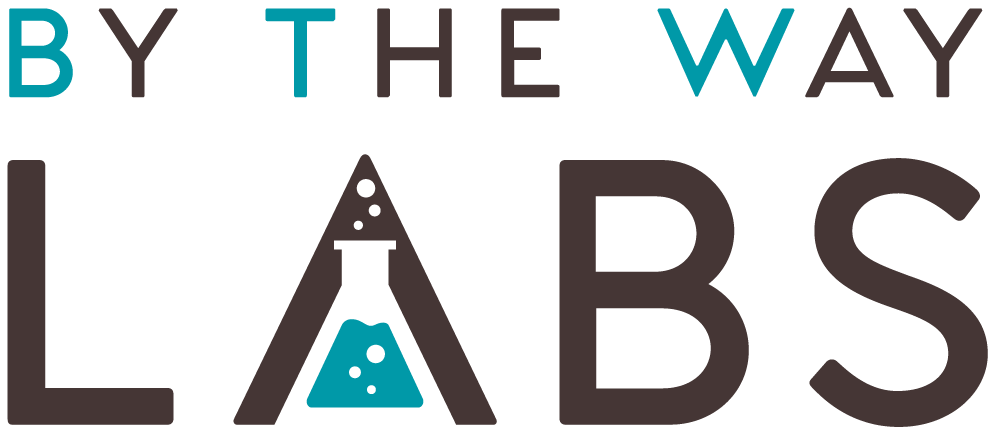In today's digital landscape, standing out in search results is more challenging than ever. One of the most effective ways to enhance your website’s visibility and search engine ranking is through structured data markup. By implementing schema markup, you provide search engines with essential context about your content, improving how your site appears in search results and increasing engagement with potential visitors.
What is Structured Data Markup?
Structured data markup is a standardized format used to classify and organize website content in a way that search engines can easily understand. It helps search engines recognize key information on your website, such as business details, articles, products, events, and more.
This is accomplished through Schema.org vocabulary, a collaborative effort supported by Google, Bing, Yahoo, and Yandex. By applying structured data markup, you can improve your website's chances of appearing in rich search results, which include enhanced snippets, knowledge panels, and other visually engaging search features.
SEO Benefits of Structured Data Markup
Adding structured data markup to your site offers several key SEO benefits:
-
Enhanced Search Appearance: Your site can be displayed in rich results, such as featured snippets, knowledge panels, and FAQ dropdowns, making it more visually appealing and informative in search.
-
Higher Click-Through Rates (CTR): Rich search results attract more attention, leading to increased clicks and engagement.
-
Better Indexing & Understanding: Search engines can categorize and present your content more accurately, improving relevance for search queries.
-
Increased Authority & Trust: By appearing in Google’s Knowledge Graph or with structured rich results, your brand can gain greater credibility and recognition.
Defining a Schema @type and How It Helps
Schema markup allows you to define specific types of content using @type attributes, ensuring that search engines understand exactly what your page is about. Common schema types include:
-
Person – Ideal for personal brand websites, author bios, and professionals.
-
LocalBusiness – Crucial for businesses looking to optimize for Google My Business and local SEO.
-
MusicGroup – Used for bands, musicians, and artists to ensure better indexing in Google’s Knowledge Graph.
-
Article – Essential for blog posts, news articles, and informative content.
By using the appropriate @type, search engines can categorize your content more accurately, making it eligible for special SERP (Search Engine Results Page) features like knowledge panels and event listings.
Built-in Schema Support in Story Canvas
Story Canvas automatically integrates schema markup, making it easier to optimize your website for search engines without requiring manual coding. By defining the appropriate @type for your pages, your content is more likely to be featured in rich results, improving discoverability and engagement.
Strengthening Brand Identity with the sameAs Property
One of the most powerful schema properties for businesses and personal brands is sameAs. This property allows you to link your official website to your social media profiles and other authoritative sources, reinforcing your online presence.
For example, structured data with sameAs might look like this:
{
"@context": "https://schema.org",
"@type": "Person",
"name": "John Doe",
"url": "https://www.johndoe.com",
"sameAs": [
"https://www.linkedin.com/in/johndoe",
"https://twitter.com/johndoe",
"https://www.instagram.com/johndoe"
]
}By implementing sameAs, search engines can associate your social profiles with your official web presence, reducing misinformation and ensuring that users find the correct profiles when searching for you or your business.
Built-in sameAs Integration in Story Canvas
Story Canvas makes it easy to add the sameAs property to your site, allowing businesses and professionals to unify their digital identity effortlessly. This helps solidify your brand across search engines and social platforms, ensuring consistency and credibility.
Conclusion
Structured data markup is a game-changer for SEO, providing better visibility, increased engagement, and stronger brand authority. By leveraging schema markup, defining proper @type, and using sameAs to connect your social presence, you can significantly enhance your website’s search performance.
With Story Canvas, implementing structured data has never been easier. Our built-in schema support ensures that your content is optimized for search engines without requiring technical expertise.
Start using structured data today and take control of how your brand appears in search results!
For further reading on structured data, visit:




